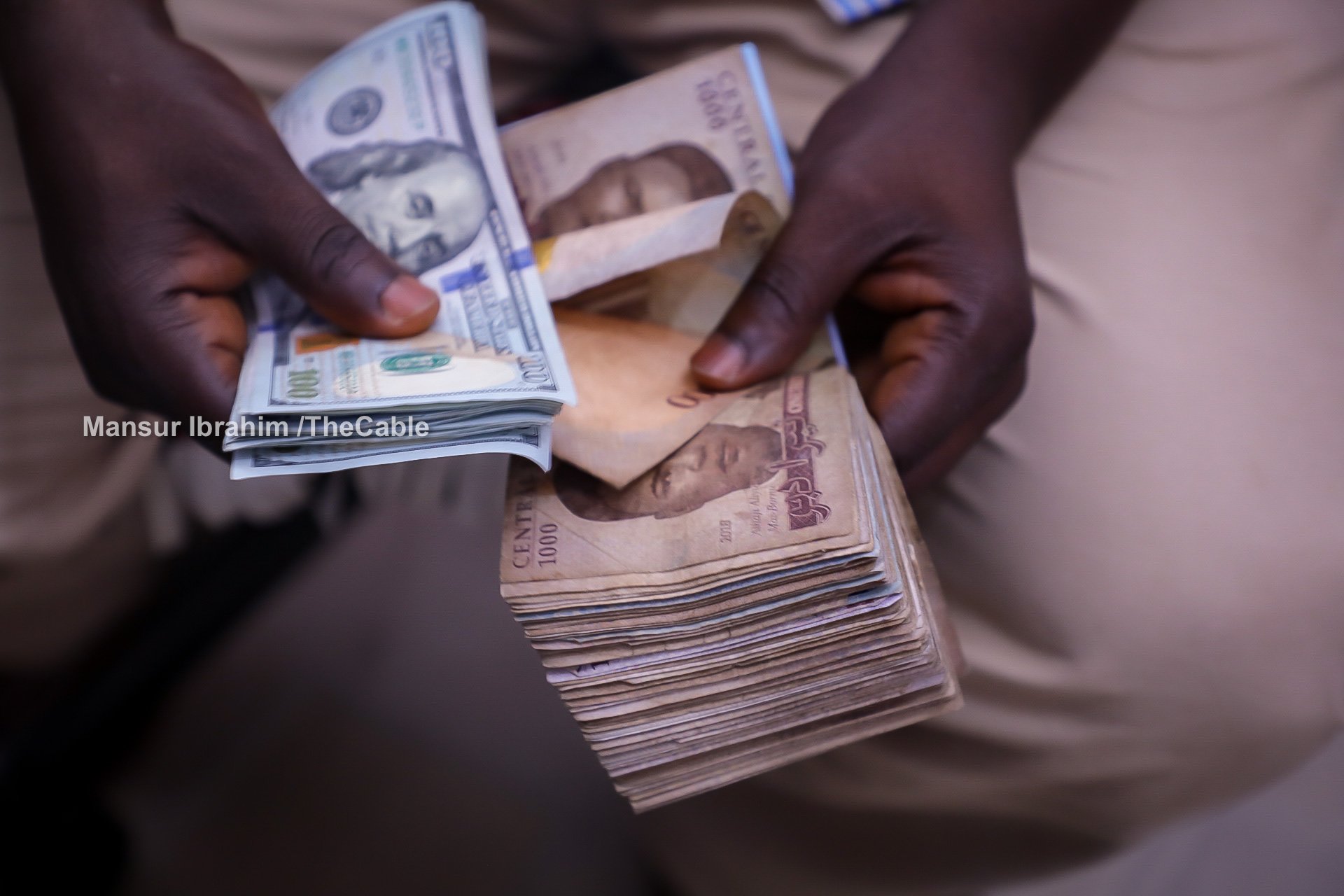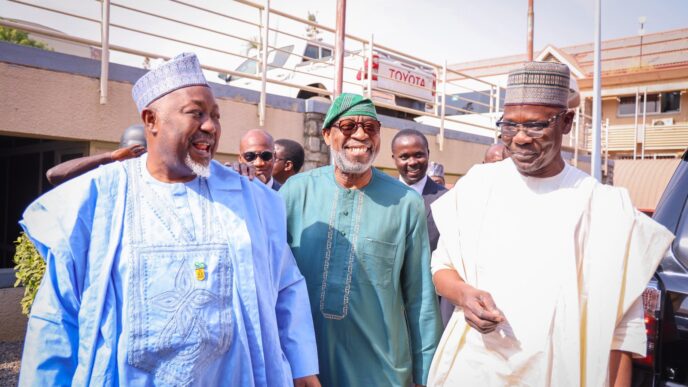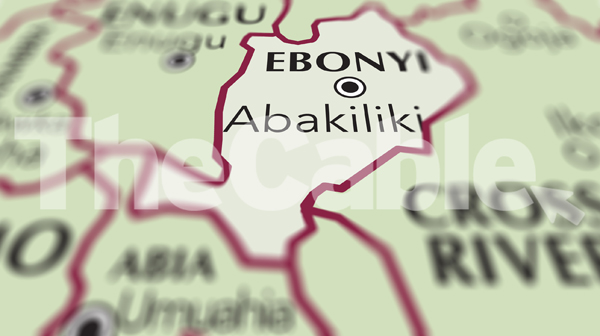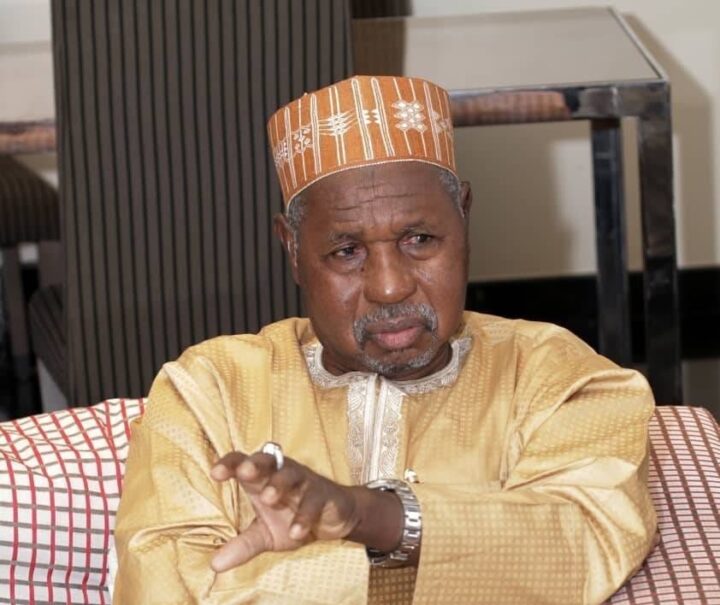In its craving for best practices in the financial sector, the Central Bank of Nigeria (CBN) officially launched the foreign exchange (FX) code On January 28.
In the document, published on January 27, the financial regulator said the FX code policy became effective on December 2, 2024.
The apex bank believes the policy would strengthen and promote the integrity and effective functioning of the wholesale FX market in Nigeria.
“It will facilitate better functioning of the market, further reinforcing Nigeria’s flexible exchange rate regime,” CBN said.
Advertisement
It is understood that the FX Code is issued as a forex market guideline pursuant to the CBN Act of 2007 and BOFIA Act of 2020 which “empowers the CBN to issue directions with respect to the standards to be adhered to by an institution in the conduct of foreign exchange business in Nigeria”.
The CBN had directed FX market participants to submit a compliance report on adherence to the Nigeria FX code by January 31. So what is the new policy about?
WHAT IS THE NIGERIA FX CODE?
Advertisement
The Nigeria FX code is a set of principles and best practices designed to regulate the Nigerian foreign exchange market (NFEM).
The FX Code is expected to promote a robust, fair, liquid, open, and transparent market in which a diverse set of market participants, supported by resilient infrastructure, can confidently and effectively transact at competitive prices that reflect available market information in a manner that conforms to acceptable global behavioural standards and best practices.
According to the regulator, the FX code aligns with global best practices, particularly the global FX Code maintained by the global foreign exchange committee (GFXC), and is structured to support Nigeria’s flexible exchange rate regime.
The global FX Code is a set of globally acceptable standards that foster good practice in the forex market which has been supported in 51 countries in Europe, Africa, Asia and the Americas.
Advertisement
WHO DOES THE FX CODE APPLY TO?
CBN said the FX code applies to all market participants.
“Market participants are authorised dealers licensed by the Central Bank of Nigeria under the CBN Act 2007, and, the Bank and Other Financial Institutions Act (BOFIA) 2020 and other participants that engage in the wholesale foreign exchange business in Nigeria as part of their licensed business,” CBN said.
Other individuals involved are bureau de change (BDC) operators, foreign exchange brokers, corporations and individuals conducting forex transactions.
Advertisement
WHAT ARE THE KEY PRINCIPLES OF THE NIGERIA FX CODE?
According to the document, Nigeria’s FX code is built on six fundamental principles that govern forex transactions, and they include:
Advertisement
● Ethics: Seen as the leading principle, market participants are expected to act ethically and professionally to uphold fairness and integrity in the FX market. The CBN said they must act honestly when dealing with clients.
● Governance: Authorised dealers are expected to have a sound and effective governance framework to provide for clear responsibility for and comprehensive oversight of their FX market activities and to promote responsible engagement in the market.
Advertisement
● Execution: The CBN wants the dealers to exercise care when negotiating and executing transactions to promote a robust, fair, open, liquid, and “appropriately” transparent FX market.
● Information sharing: This principle mandates operators to be clear and accurate in their communications and to protect confidential information to promote effective communication that supports a robust, fair, and open FX market.
Advertisement
● Risk management and compliance: Participants, according to the document, must promote and maintain a controlled and compliant environment to effectively identify, manage, and report on the risks associated with their engagement in the FX market.
● Confirmation and settlement: Players are expected to put in place robust, efficient, transparent, and risk-mitigating post-trade processes to promote predictable, smooth, and timely settlement of transactions in the FX market.
COMPLIANCE AND SANCTIONS
Olayemi Cardoso, governor of CBN, had on January 23, said the apex bank has set up a compliance department to ensure transparency in the financial sector.
In alignment with the development, the FX code states that all market participants must self-assess and submit compliance reports, noting that quarterly compliance reports must be submitted to the financial markets department (FMD) within 14 days after each quarter.
“Market Participants will be required to conduct a self-assessment and submit to the CBN a report on the institution’s level of compliance with the FX Code by January 31, 2025,” the document reads.
“All Market Participants will thereafter be required to submit to CBN a detailed compliance implementation plan that is approved and signed by its Board along with the extracts of the Board meeting.
“Market participants will be required to submit a “quarterly report to the financial markets department (FMD), on the level of compliance to the FX Code within 14 days after the end of every quarter, with the first report due by March 31, 2025”.
The CBN also highlighted enforcement powers, including monetary penalties and sanctions for noncompliance.
HOW WILL THE FX CODE IMPACT RATES?
Charles Sanni, chief executive officer of Cowry Treasurers Limited, said the FX code is coming at a crucial time when the country seeks stability in the naira.
“We need to give the currency stability, so whatever policy tweak that the regulators want to come up with,” Sanni said.
“The FX code will help in tracking properly and also referencing. It can also be used for price discovery.
“With some of these issues that have happened in the past where you see that, for example, on NAFEX or export proceeds where people receive their proceeds offshore and then they are not remitting back to the country so that again affects supply. So it will sort of close up some leakages.”
The financial expert, however, said there is still a need for the CBN to enlighten and educate stakeholders, especially BDC operators.
Add a comment







